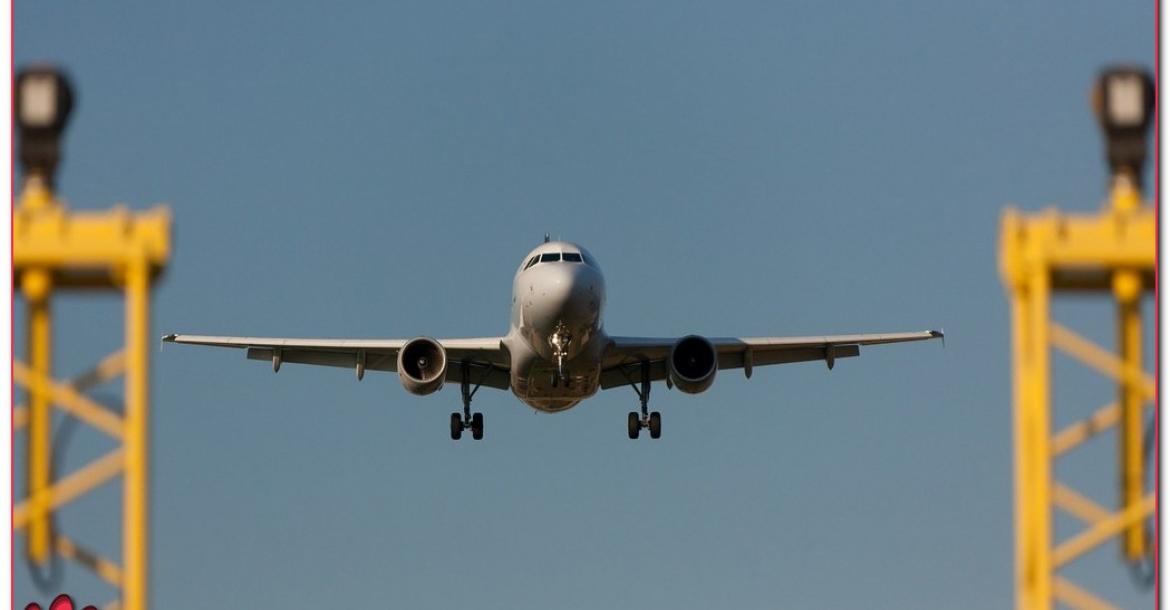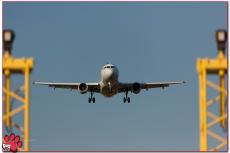Dangerous breeds not welcome aboard with many airline companies
Flying with your power breed? Prepare well. Anyone in possession of a "fighting dog", a dangerous breed, will have to orientate quite well how to transport his dog by plane. Several companies use a variety of different rules, that may differ from breed to breed or look-alike. An American Stafford might fly with one company without problems, others might force him into a special crate or ban them totally.

To have dogs transported in a special, high-security crate seems to have some origin. Dangerous breeds were banned for a long a time with US carriers after a plane crash could just be prevented in 2002. A "pitbull" aboard American Airlines Flight 282 managed to escape during the flight from his crate and started out of sheer stress to gnaw on the cables. Several radio cables were destroyed. Pit bulls, Rottweilers and Dobermans were then given a no fly rule until 2012, despite complaints from the American Kennel Club, saying any breed in distress could cause damage. In any case, for most American companies, the ban is now lifted, as long as "dangerous breeds" fly in very special crates that meet the IATA guidelines LAR C82.
In Europe, things are different. Dutch owners of high-risk dogs recently got annoyed when Transavia announced it will no longer transport "pitbull-like" dogs. After questions asked by Dogzine, Transavia came out with a statement. The company has a French sister company, and a joint administration. France forbids the transport of Category 1 dogs (pitbulls, American Staffs, Rottweilers and their crosses, which are without pedigree.) Category 2 dogs, breeds with a pedigree, may be carried in France, under special conditions. The company stated it is not possible for a low-cost carrier to make this distinction, which is why the company prohibits the transport of all varieties, regardless of category.
The French company Air France also carries no category 1 dogs, but dogs from the 2nd category are allowed to fly. That means American Staffords with pedigree can fly along. KLM, one of Air France's sister companies, will take the "fighting dogs" but not as "checked luggage", only as cargo. Ergo, in the cold, not in the heated space where other, less risky dogs are transported.The Irish company Air Lingus has an even more restrictive policy. Besides these Staffords, also Akitas, Dogo Argentino, Fila Brazileiro, Mastiff, American Pitbull and Tosa are not allowed to fly. British Airways carries "no dangerous breeds". Dogzine asked specifications, but despite repeated emails, no response was given to the question of what breeds are dangerous and why. Emirates also carries no "fighting dogs" like Bull Terriers and Tosa's, nor crosses of these breeds. Allowed, but in special crate, the Boerboel Napolitan Mastiff, Dogue de Bordeaux, Kangal, Ovcharka and Rottweiler will be able to come along.
Who flies with Lufthansa will have to, like in the US, put his dog his dog in the IATA CR82-crate. If you opt for the Spanish company Iberia, the dog (Pit Bull Terrier, Staffordshire Bull Terrier, American Staffordshire Terrier, Rottweiler, Argentine Dogo, Brazilian Mastiff, Tosa or Akita) must be muzzled. This is -as Iberia told Dogzine- no measure of Iberia itself, but a rule in accordance with Spanish law. Potentially dangerous dogs must be muzzled in public places. The company reserves the right to refuse dogs that are potentially dangerous on their flights.
More companies turn out to be careful. Air Malaysia will also refuse any fighting dogs as it will refuse brachyocephalic dogs, Quantas only takes these dogs in the special IATA crates.Low-cost carrier Air Berlin has no banned list. Vueling, Ryanair and Easyjet do not take any dogs at all in the cargo holds.
In short, who is flying with his dog will have to orientate thoroughly. A comprehensive overview of most of the companies can be found at
http://www.pettravel.com/airline_rules.cfm. Given the speed with which rul





